Amazon is improving the autonomy capabilities of its Proteus robot with the help of this Northeastern fellow and grad student
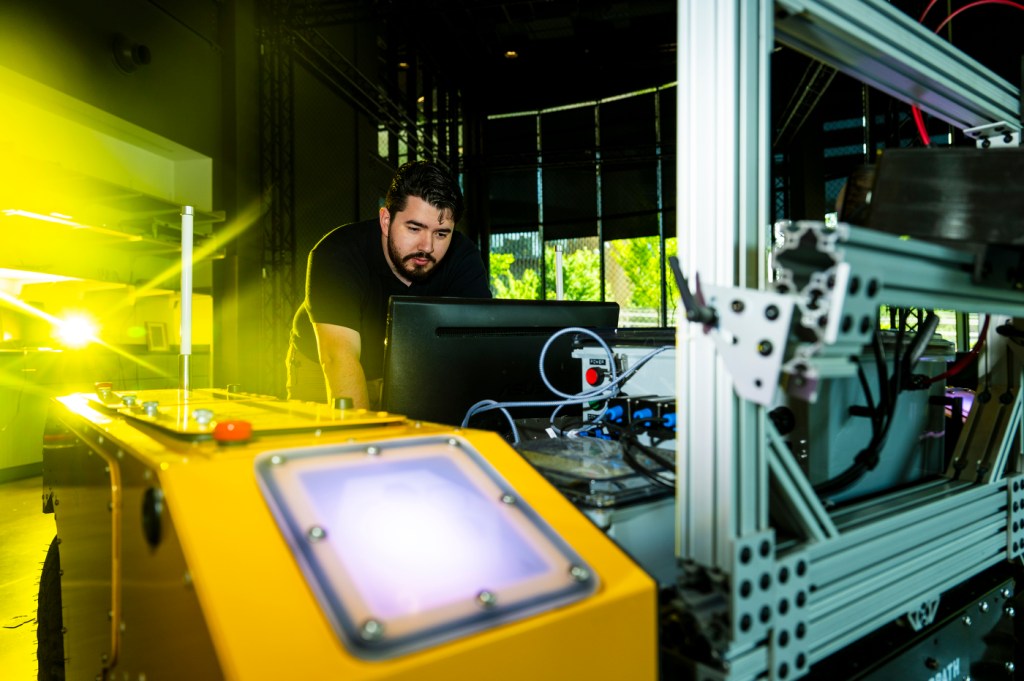
Oscar De La Garza is just a few weeks into his internship at Amazon Robotics, and he’s already helping test and upgrade some of the e-commerce giant’s newest and most state-of-the-art technology.
That includes Proteus, Amazon’s autonomous mobile robot or AMR. The green warehouse robot was first unveiled in 2022 and is the first AMR to come out of Amazon’s robotics division, which was launched after the company bought Boston-based Kiva Systems in 2012. The fully autonomous system is designed to transport containers in the company’s fulfillment facilities to increase productivity.
It’s a good fit for De La Garza. He’s pursuing a master’s degree in robotics at Northeastern and had worked in the university’s Robotics and Intelligent Vehicles Research Lab under the guidance of Taskin Padir, a professor of electrical and computer engineering and the director of the lab.
He’s one of seven students from across the country to be named an Amazon Robotics Day One Fellow last year. The fellowship, which was launched in 2021, is meant to recognize impressive graduate students pursuing their degrees in the sciences who come from underrepresented backgrounds.
As part of that distinction, students are given scholarship money and career advancement opportunities, including internships. De La Garza is completing his at Amazon Robotics’ 350,000-square-foot facility in Westborough, Massachusetts, this summer.
The facility features numerous testing and development labs and a large manufacturing space for the company’s engineers to build and test the company’s future autonomous systems. Working in the company’s Innovation Lab, De La Garza is helping prototype and test new technologies that could be deployed three to five years from now, he says.
“It’s about 15 of us and it’s primarily co-ops and interns here,” he says. “It’s a one-of-a-kind lab here at Amazon Robotics.”
When it comes to working on Proteus, De La Garza will be helping to improve the robot’s autonomy capabilities and its interaction with humans, he says. Although it’s been publicly shown off, Proteus has not been fully deployed at all of Amazon’s facilities, he notes.
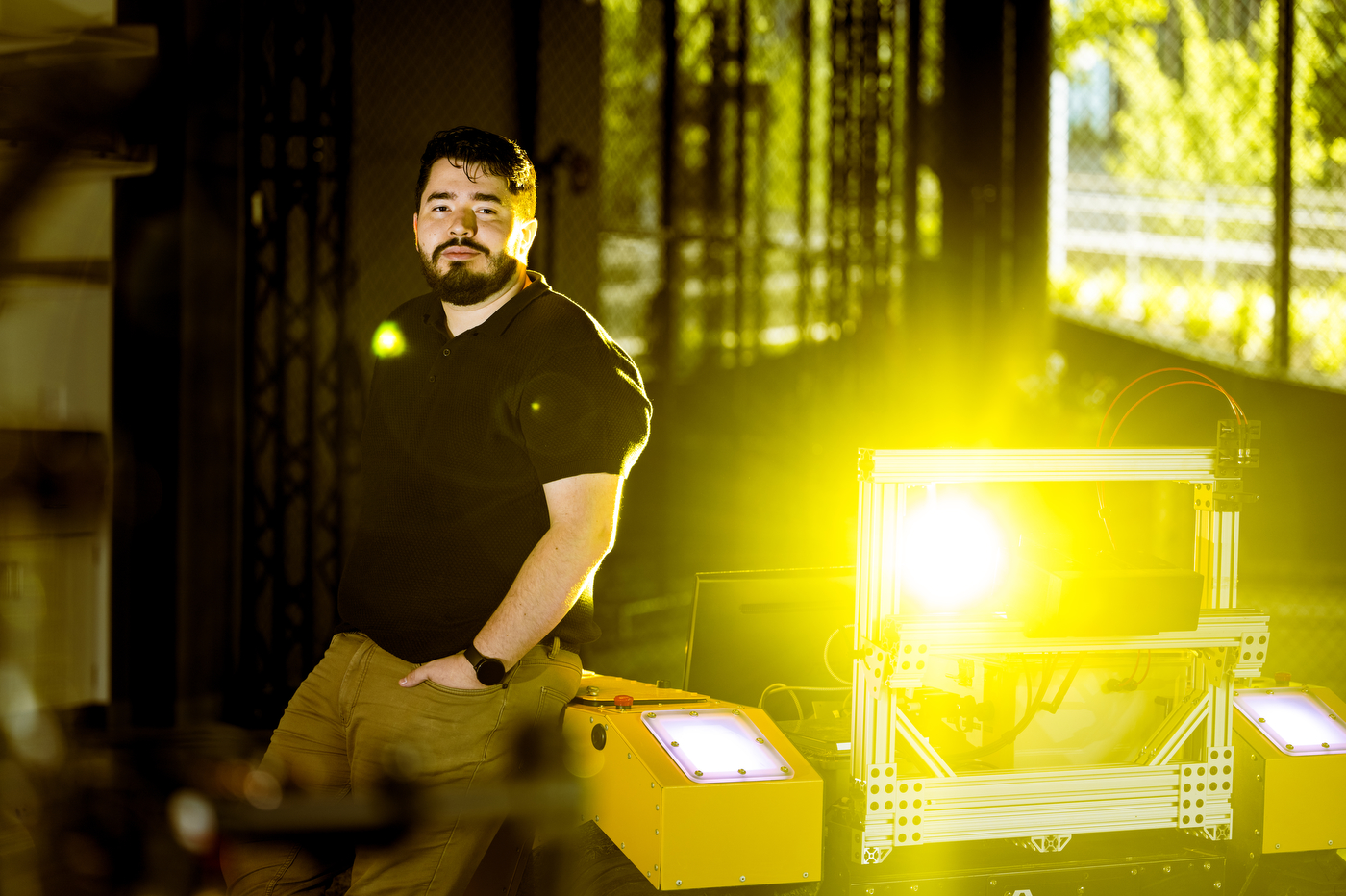
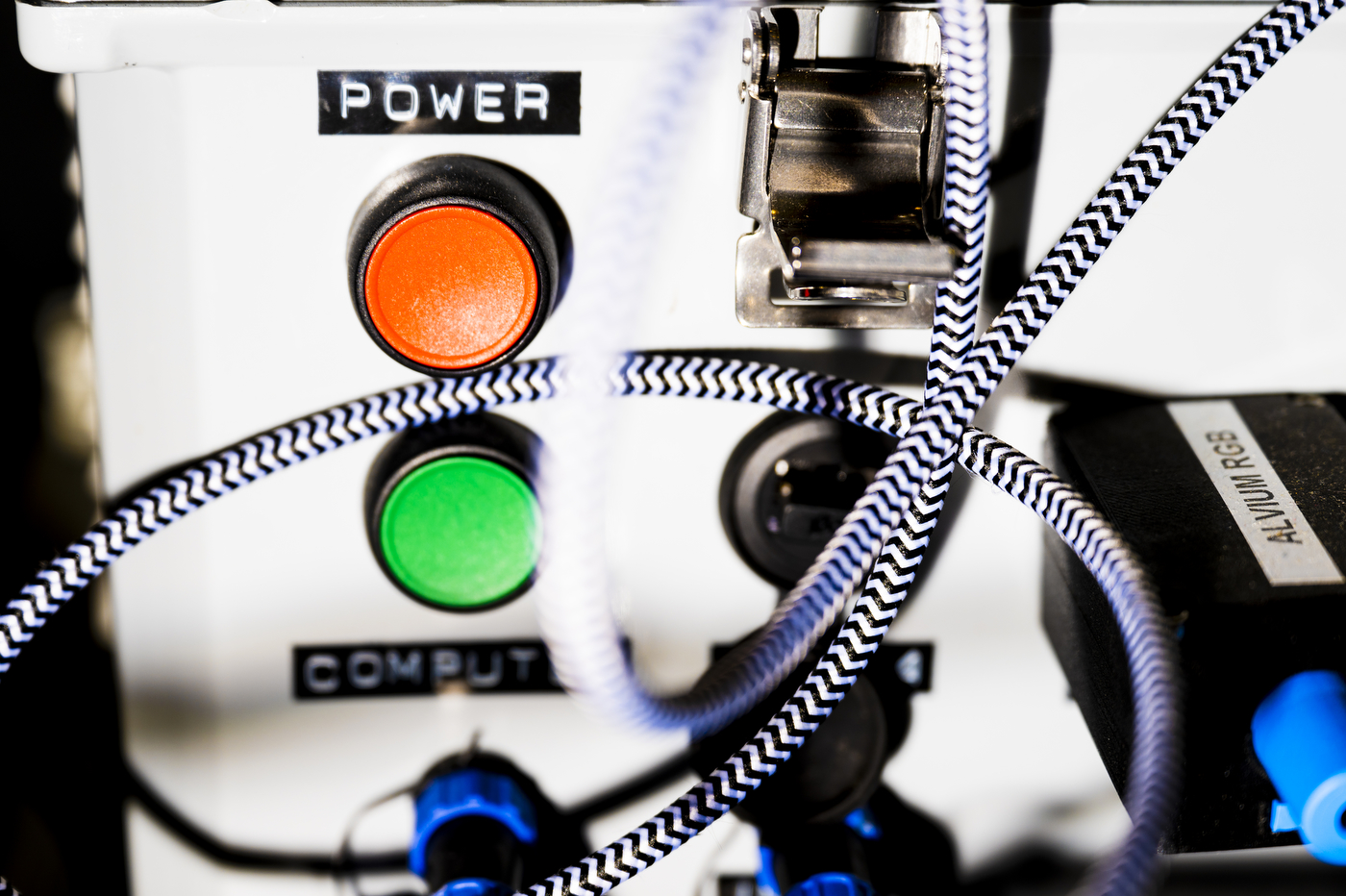
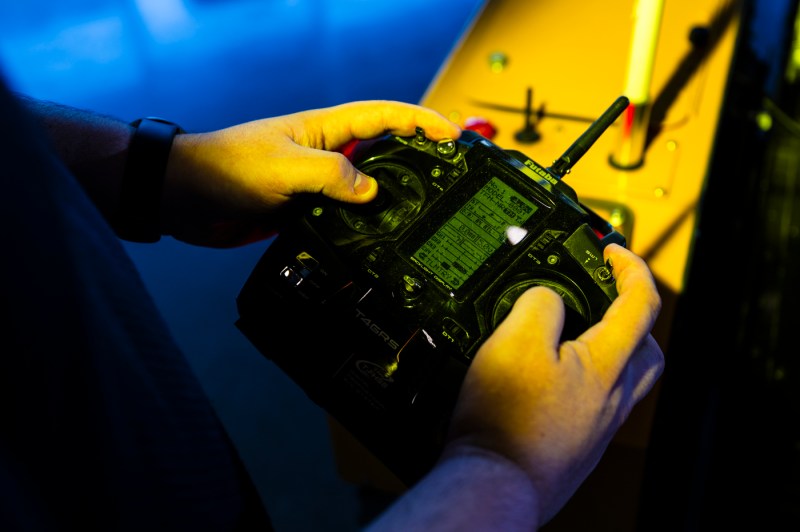
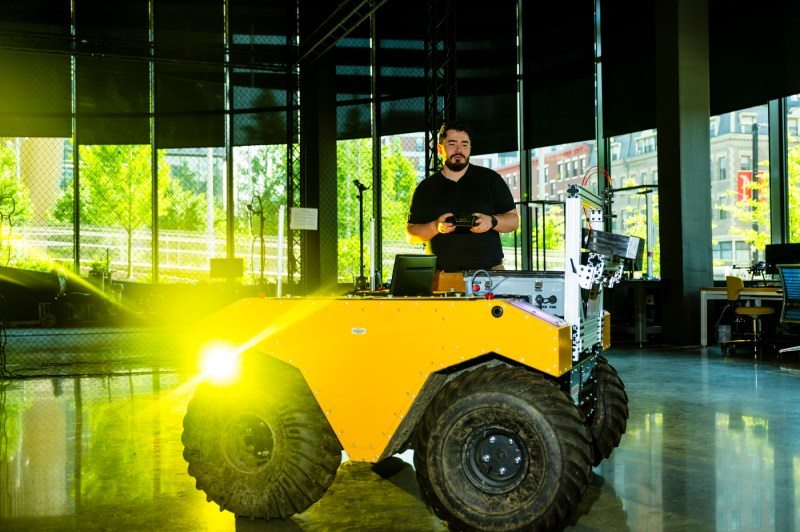
De La Garza’s other primary role will be assisting in a data analytics case study that will look into a number of different inventory metrics at Amazon’s fulfillment facilities.
De La Garza says he feels equipped to take on the roles. In part because of the skills he’s been able to acquire in the first year of his master’s degree at Northeastern.
At the university, De La Garza is working on several projects in the field robotics space. Field robotics can best be described as robots used in environments free of structured constraints, think a field full of crops, and even the surface of the moon.
He points to his work at the RIVeR Lab to create an autonomous system for a utility terrain vehicle, or UTV.
“For the project, we are looking for an essentially all-around UTV vehicle that would have a lot of general purpose functionality for the lab for any kind of field robot research or autonomous vehicle research,” he says.
Padir, who also serves as an Amazon Scholar, says De La Garza is the third Northeastern student to be selected for the fellowship.
“This is a great program that is being led by a major corporation,” Padir says. “It’s a unique industry academia partnership. As we all try hard to enhance the diversity of our incoming students, this was in a sense a steroid shot from our perspective to identify candidates and not only onboard them as fellows, but also nurture them so they become successful roboticists, AI specialists and scientists.”






